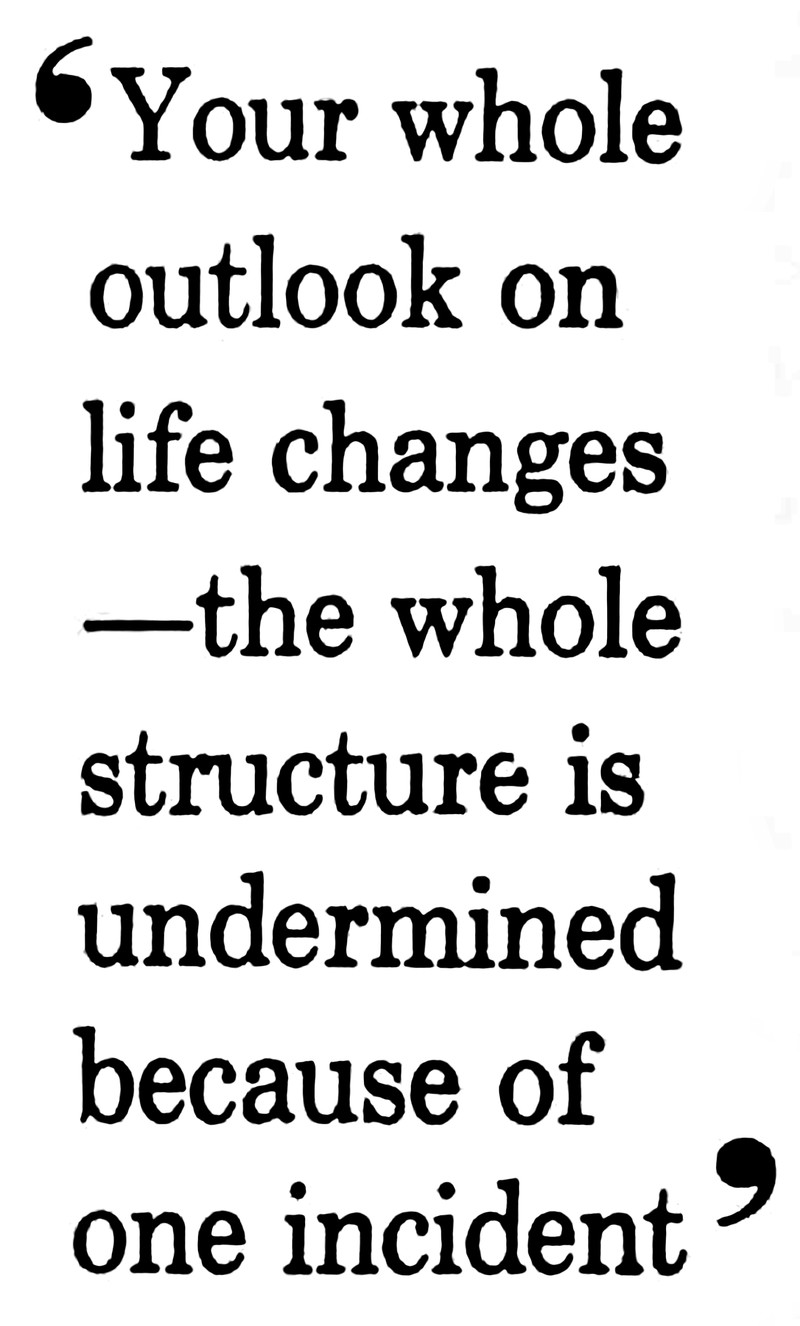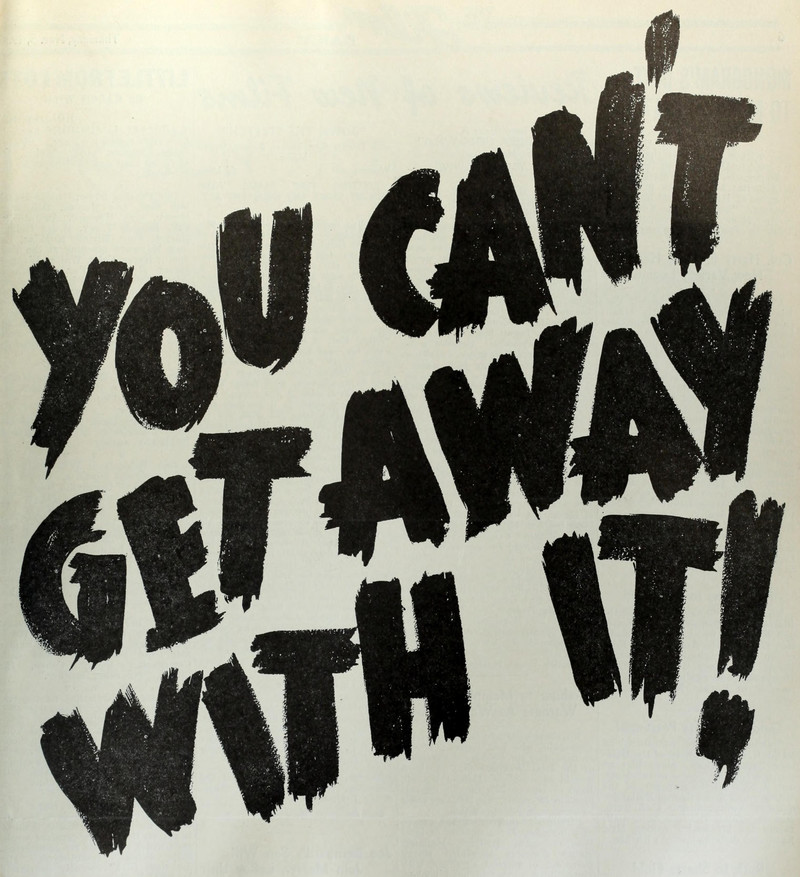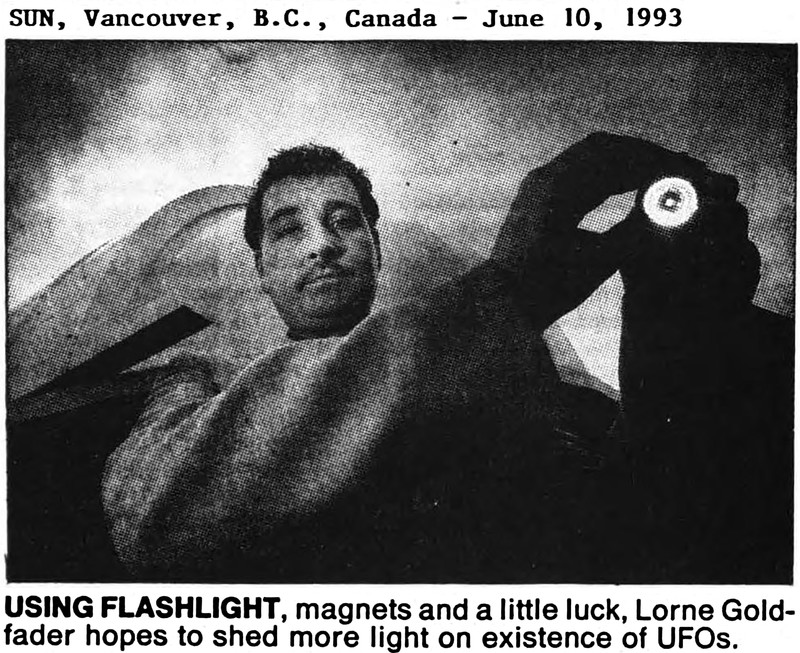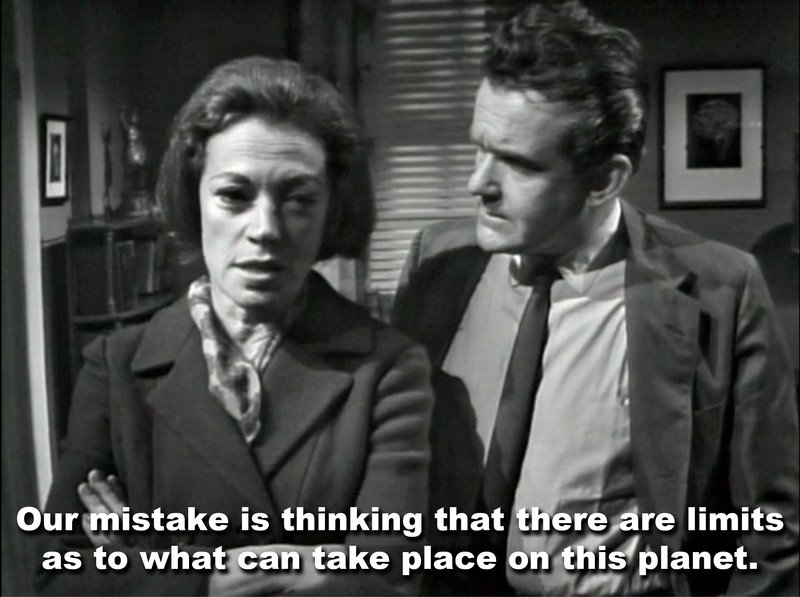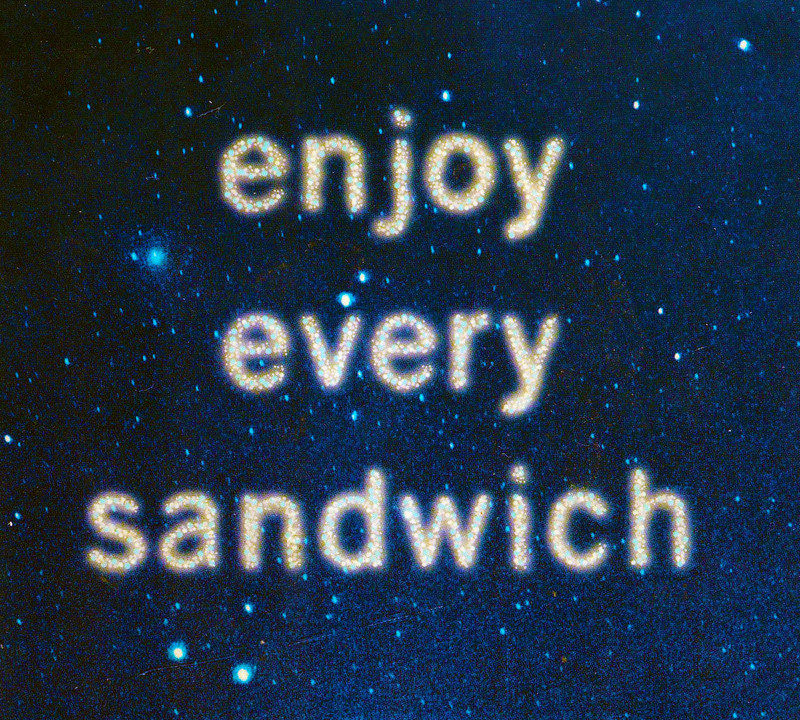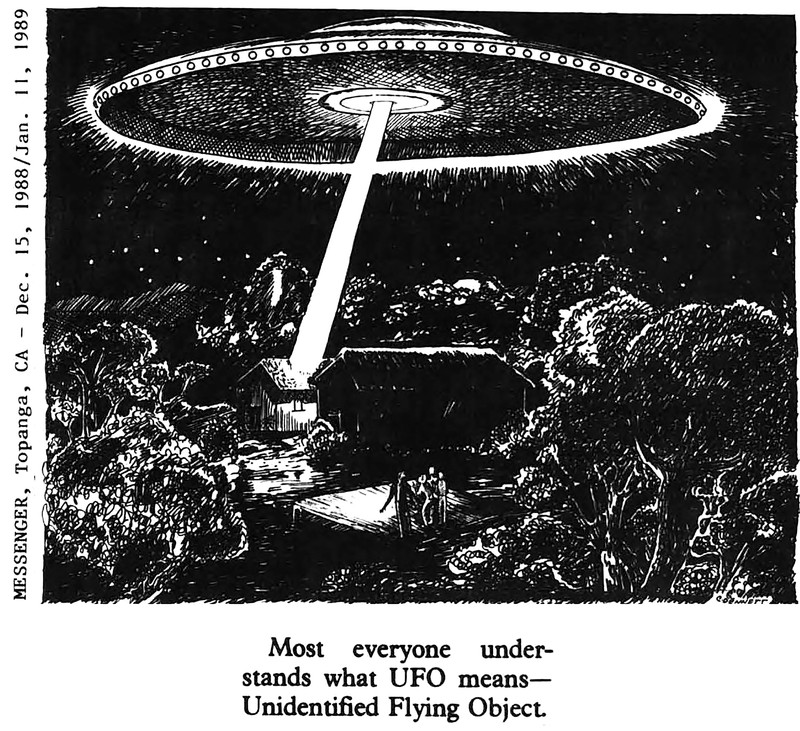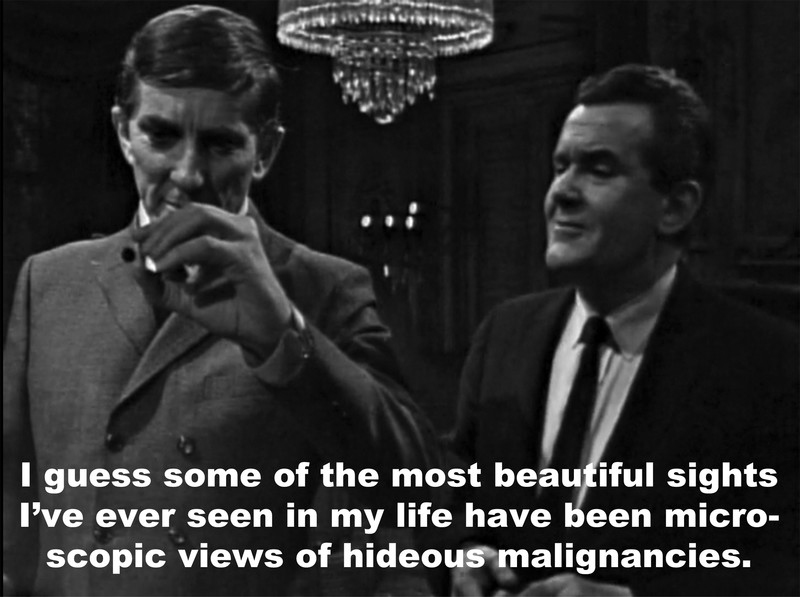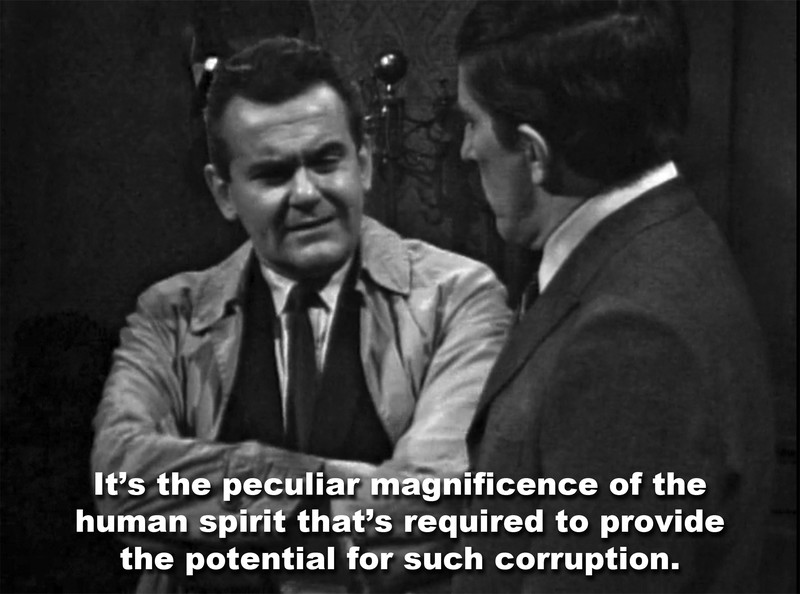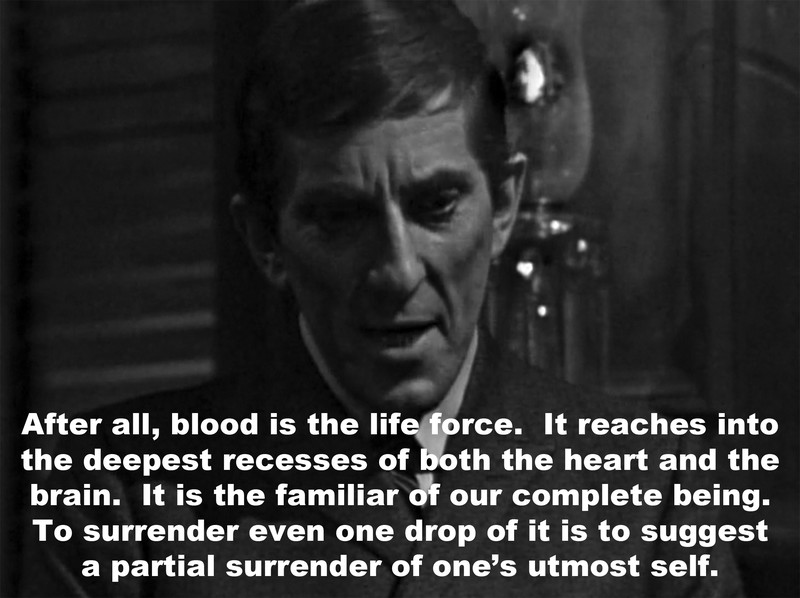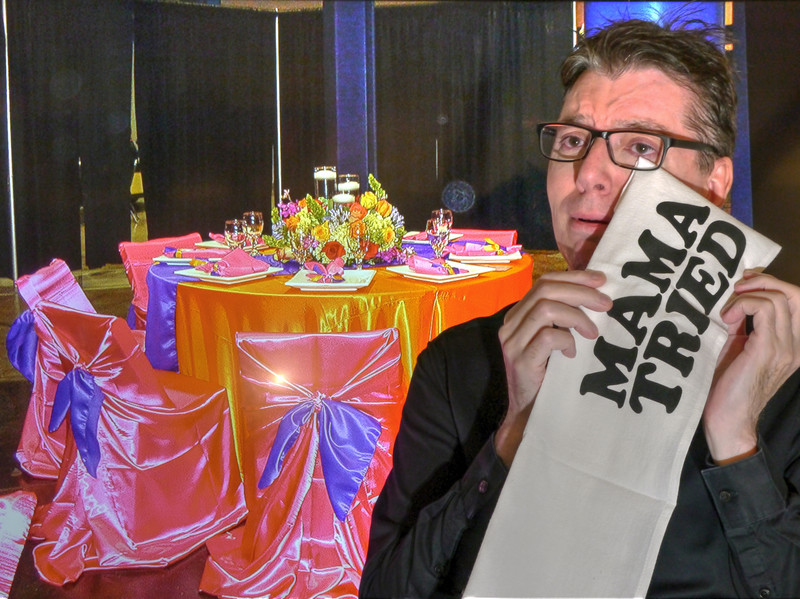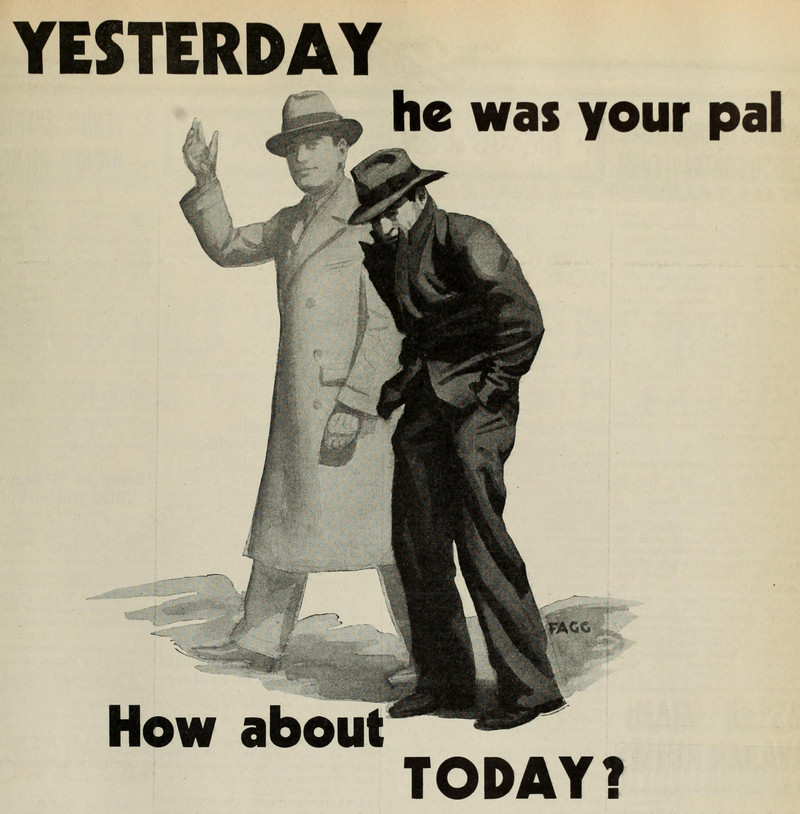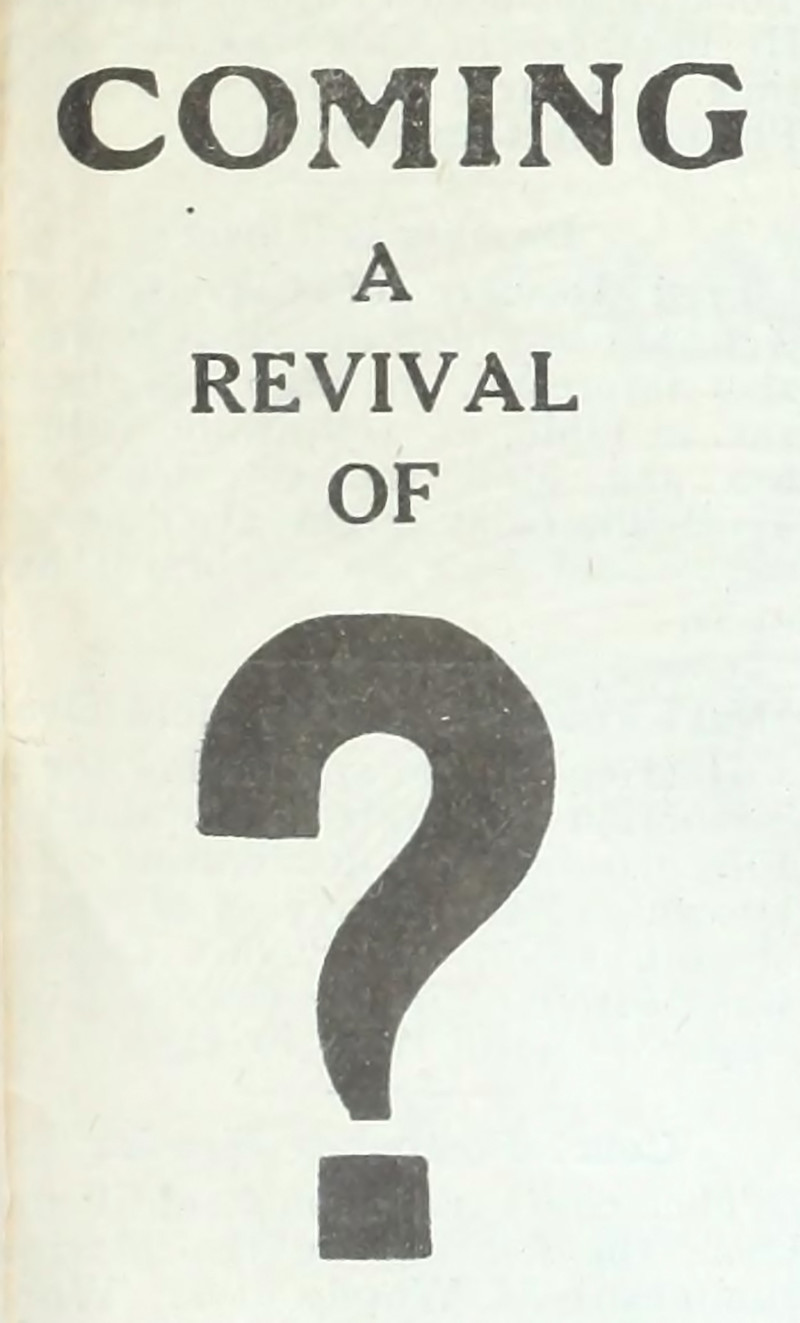1. Couldn't handle the fumes.
2. Couldn't risk evaporation (high price per ounce).
3. Balked at our pretentious refinement (chichi).
4. It somehow turned back into wine.
5. Cultural appropriation.
6. Always feel irritated when told to "simmer down."
7. A bout of acerophobia.
8. Wouldn't know how to drizzle it, anyway.
9. Gave up after an hour.
10. Watched the pot.
11. No clear advantages.
12. Couldn't be bothered.
13. Pot cracked.
14. Couldn't get the cork out.
15. Milkman called.
16. Forgot dinner-guests.
17. Couldn't afford the time.
18. Reached the bottom of the barrel.
19. Couldn't risk scalding.
20. Forgot to add vinegar.
21. Stove temp. too low (211°).
22. Couldn't justify taking the trouble.
23. Mistook steam for bubbles.
24. Recipe didn't call for it.
25. Feelings of uneasiness.
26. Can catch more flies with honey.
27. No time to gather firewood.
28. Hired careless servant.
29. Voices said not to.
30. Didn't have two sticks.
31. At triple point.
32. No amount of wishful thinking.
33. Utilities deliquent.
34. Too busy watching paint dry.
35. Resisted overcooking.
36. Forgot to remove the pot's lid.
37. Indifference.
38. Wasn't trying to.
39. Adverse vapor pressure.
40. Where to begin?
41. Too busy bleeding turnip.
42. Trickle-down economics.
43. Don't know how.
44. Raw food diet.
45. Global cooling.
46. Don't care for glazes.
47. Forgot to pre-heat.
48. Hot flashes.
49. Plastic spoon melted.
50. Pot not compatible with induction cooktop.
51. Couldn't take the heat.
52. A series of intangibles.
53. Already let off my steam.
54. Can't follow simple instructions.
55. Enthusiasm dwindled.
56. Not on my fad diet.
57. Doubted thermodynamics.
58. Prefer Green Goddess dressing.
59. Customary admonitions.
60. Old-school environmentalist.
61. Lost the recipe.
62. Failed minimum requisites.
63. No aptitude.
64. It was already drizzling outside.
65. Still in rehearsals.
66. Failed Home-Economics.
67. Doctor's orders.
68. Just married.
69. All fingers and thumbs.
70. Rolling blackouts.
71. Wrong place and time.
72. Kettle fit for dungheap.
73. A general conspiracy.
74. Better things to do.
75. Inauspicious horoscope.
76. God's will.
77. Gone fishin'.
78. Not enough energy.
79. High altitude.
80. Not on the Sabbath.
81. Stage 3 restrictions.
82. Too many cooks.
83. The clock stopped.
84. Peer pressure.
85. Afraid of nutrient loss.
86. Spring fever.
87. Blew a fuse.
88. Burned midnight oil.
89. Blasted whirly-gigs.
90. Sour grapes.
91. Eating out more often.
92. Absentee charwoman.
93. Ex-husband got the kitchen.
94. Don't eat boiled vinegar.
95. Perfectionism.
96. Viscous cycle.
97. Bout of blennophobia.
98. Nothing to go with it.
99. Tried to cut back.
100. My salad days were over.



